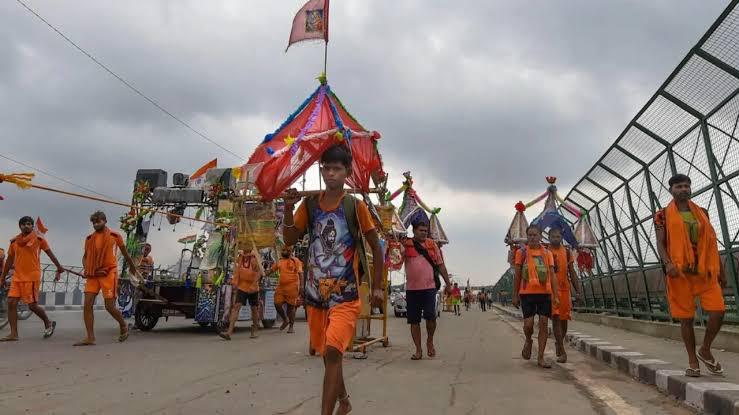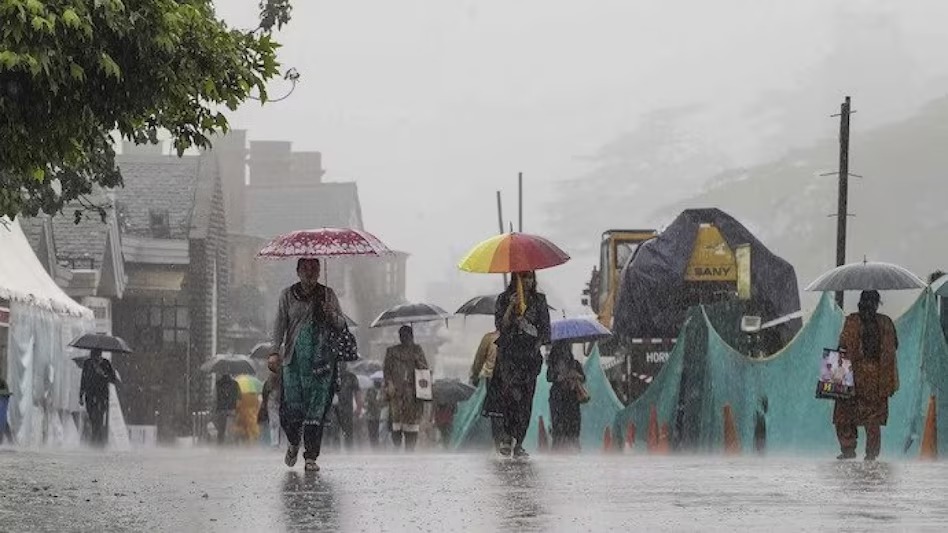 Image Source: Moneycontrol
Image Source: Moneycontrol
As millions of Shiva devotees embark on the Kanwar Yatra, authorities in Uttar Pradesh and Uttarakhand have mandated that all eateries along the pilgrimage route display QR codes revealing the owner’s identity and compliance status. The move, aimed at ensuring food safety and transparency, has triggered both support and controversy.
Key Highlights:
Mandatory QR Codes: Every food joint must now display a QR code which, when scanned, provides details about the owner and their food safety registration. This is intended to help pilgrims verify the authenticity and hygiene standards of eateries during the yatra.
Transparency & Safety: Officials say the initiative will ensure that Kanwariyas receive safe, pure, and fairly priced food, with rate lists and owner details clearly visible.
Political & Legal Backlash: Critics, including opposition leaders and rights groups, allege the move enables religious profiling and “identity policing,” especially after reports of activists scanning QR codes to check owners’ religions and mark “Hindu-friendly” stalls. The Supreme Court has intervened, restricting forced disclosure of owners’ religious identity but allowing food type information.
Statewide Rollout: Despite legal challenges, the UP government has expanded the directive, adding requirements for CCTV, food safety protocols, and police verification of staff.
Outlook:
While officials claim QR codes will enhance trust and safety for Kanwariyas, the policy’s communal overtones and privacy concerns have fueled heated debate, making digital identity checks a flashpoint in this year’s pilgrimage.
Sources: Free Press Journal, Hindustan Times, Satyahindi, Amar Ujala
Advertisement
Advertisement








